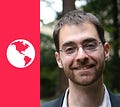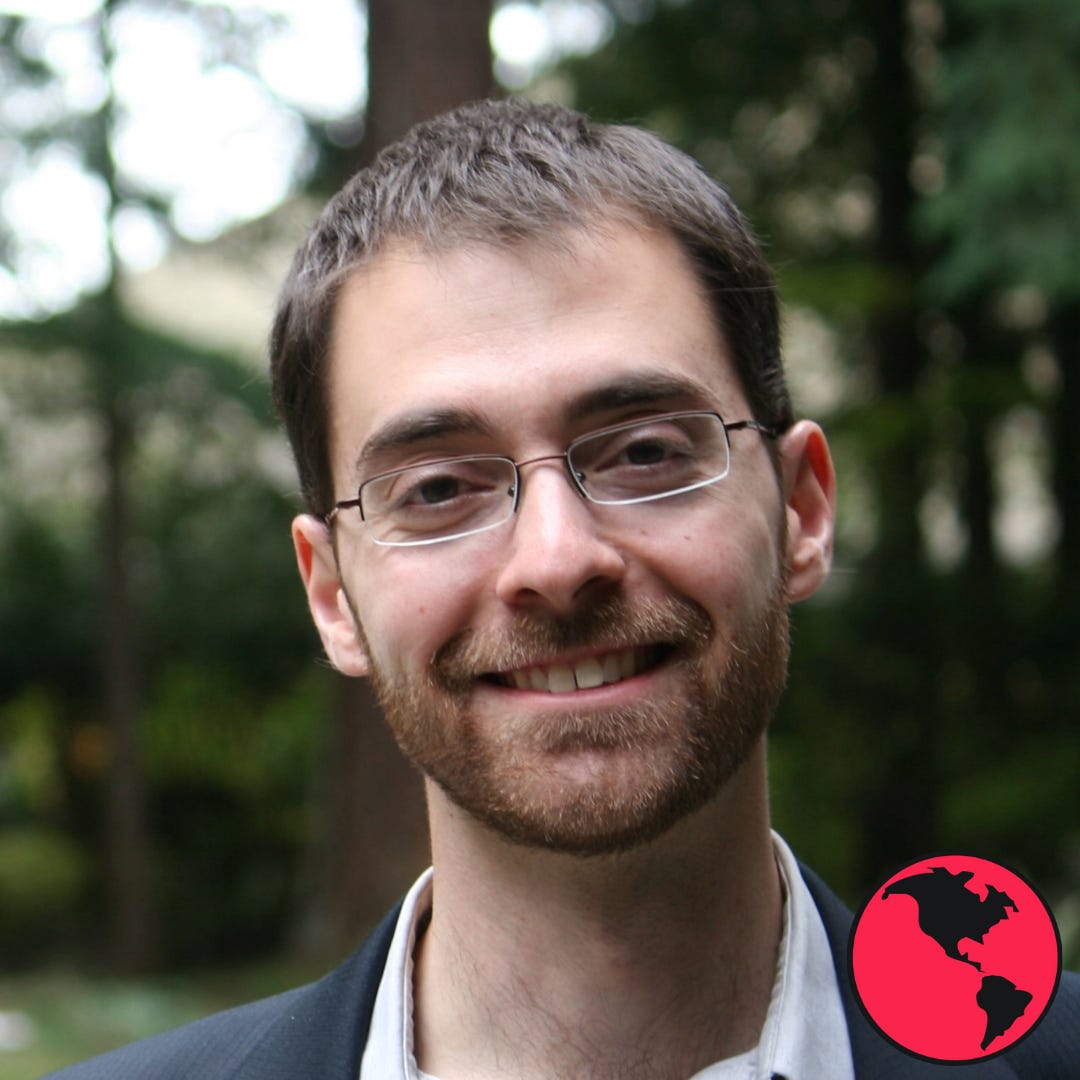I have a question for you all: Would you find interview transcriptions useful? I’m considering making them available to Patrons and paid subscribers on this platform. Let me know: rachel@planetcritical.com
Religious ideology and doctrine has long been used to exact swift and lasting social change throughout human history. Could faith-based teaching provide the necessary shift in modern thinking to combat the climate emergency? Or is doctrine a dangerous weapon which should be left out of the conversation?
And if an ideology doesn’t lend itself to extremism—will it even take hold?
These are the questions I pose Erik Assadourian, leader of the Gaianism movement, on this week’s episode. Erik was a senior research fellow at World Watch for decades, and an expert on all things sustainability. Over the course of his research, he came to believe faith is crucial when demanding huge sociological shifts in a short space of time to deal with the climate emergency, and began the Gainism movement, connecting with people all over the world in a bid to create a hopeful and spiritual response to the necessary life-shifts the crisis demands of us.
Listen to the full interview here, catch it on on Apple or Spotify, or watch on Youtube. You can also find the bonus episode on Youtube over the weekend.
You can also follow Planet: Critical on Youtube and support the project on Patreon.
















Gaianism: Can a Spiritual Movement Combat the Crisis?